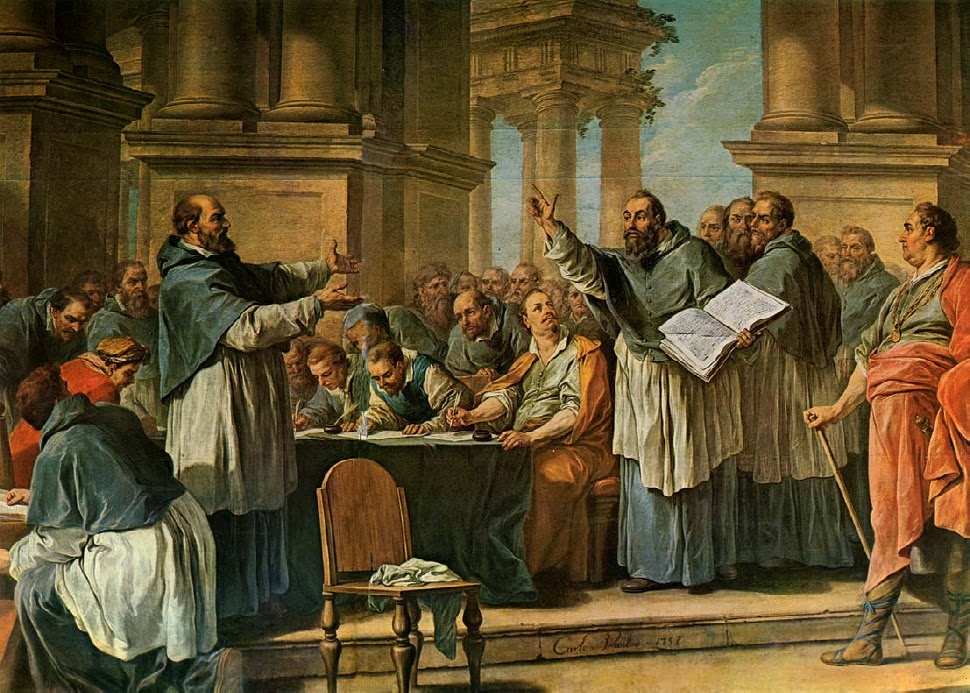
I just read a very encouraging message from a dear friend and mentor of mine. "Just by reading your blog and the notes on Amazon and the like, it seems to me that you have some really worthwhile material. There is a lot of good in church history told simply, with thought to detail and a valid picture of the person and times," he said.
I have come to appreciate church history the hard way (by believing, for a while, some who claimed to have reinvented the wheel). I believe it's important for us and our children to understand how the church throughout the centuries has formulated and crystallized the biblical doctrines we hold today.
There are several reasons why studying the development of Christian thought can be useful to children. I will mention some, not in any particular order.
First, by studying church history, children will develop a respect for Christian tradition and realize the inadequacy of simplistic answers. If a child has no idea of the church's continuous and conscious effort to examine and refine its theological thought throughout the centuries, he/she will think that choosing a belief system is as simple as choosing a hairstyle or a favorite football team. The best choice will be whatever sounds good.
Second, children will learn to deal honestly with questions and doubts. As they examine different views (including the different heresies and the answers the church has provided), they will compare different thought systems and reasoning, instead of accepting blindly and lazily the beliefs passed on by their parents.
Third, history will teach our children how men and women of all ages have faced great questions regarding God, faith, and salvation. My hope is that, as they read about Calvin's struggle to leave a church and belief system he had been upholding for years, or Augustine's intense battle of wills, they will realize the weight of their choices and the importance of taking seriously the same questions and struggles.
My first book, on John Calvin, is not packed with theology. I mostly showed how Calvin organized the Protestant church and its beliefs soon after its birth. With my book on Augustine, I introduce the controversy against Pelagius and Augustine's careful explanation of the doctrine of sola gratia. It's all in simple terms, for young children, but I hope they will remember that sola gratia was not a 16th century invention.
In my book on John Owen, I am planning to get even deeper. John Owen's theological work is so massive and had so much impact on future generations of Christians, that it must be addressed, even in a book for 1st-4th graders. And children can certainly understand.
No comments:
Post a Comment